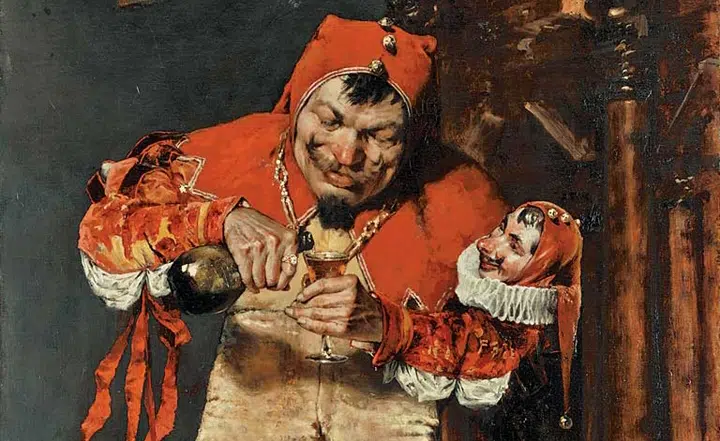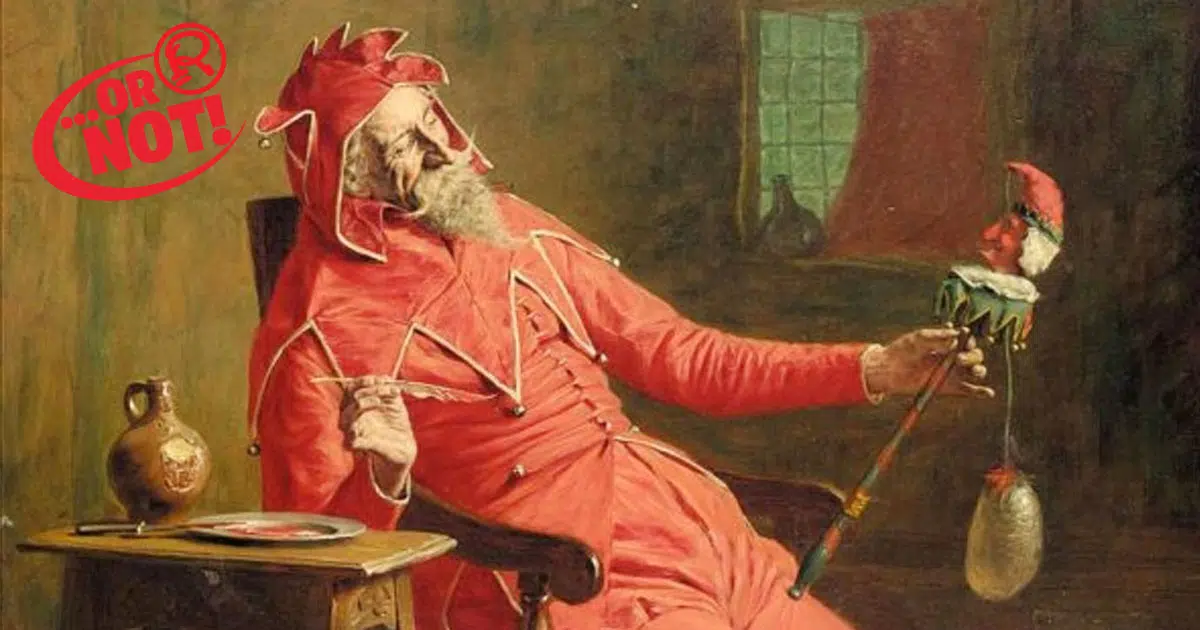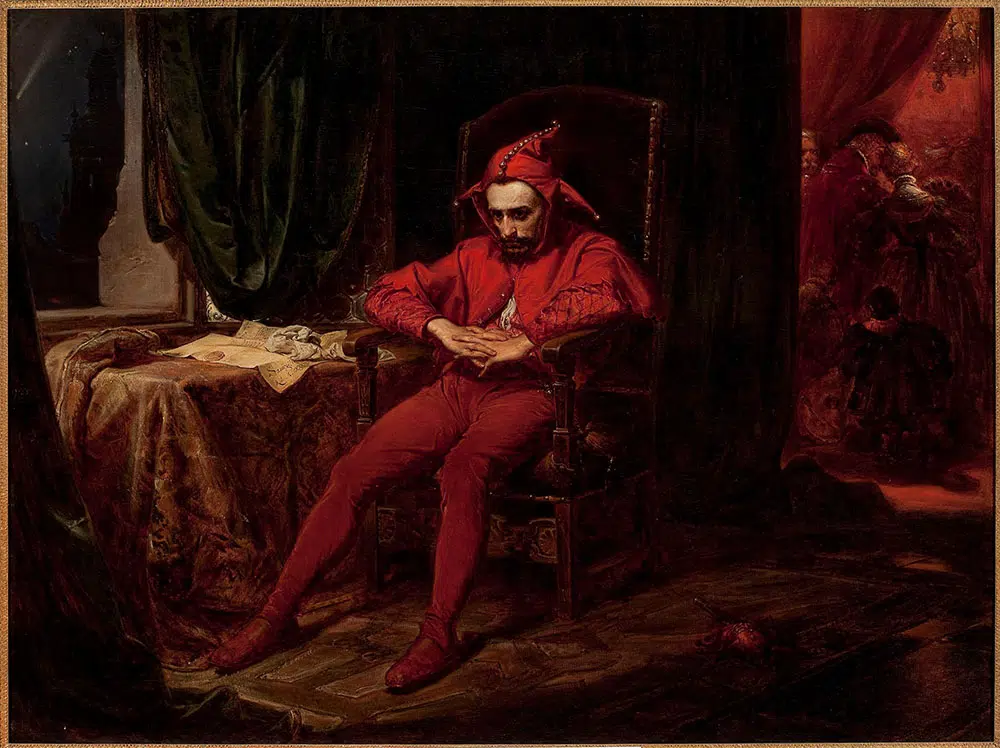
Court Fools And Jesters Were Actually Very Intelligent
Featured in Ripley's Believe It or Not!

The Kings and Queens of history have been a confusing bunch, haven’t they? They’ve been respectable, knowledgeable, worthy leaders, and they’ve been shockingly unfit-to-rule disasters. They’ve been as dignified and restrained as Queen Elizabeth II, and they’ve gorged themselves until they were horribly rotund like King Henry VIII.
Heck, Henry VIII was both, if you compare the way he composed himself as a Prince with his later behavior as King.






